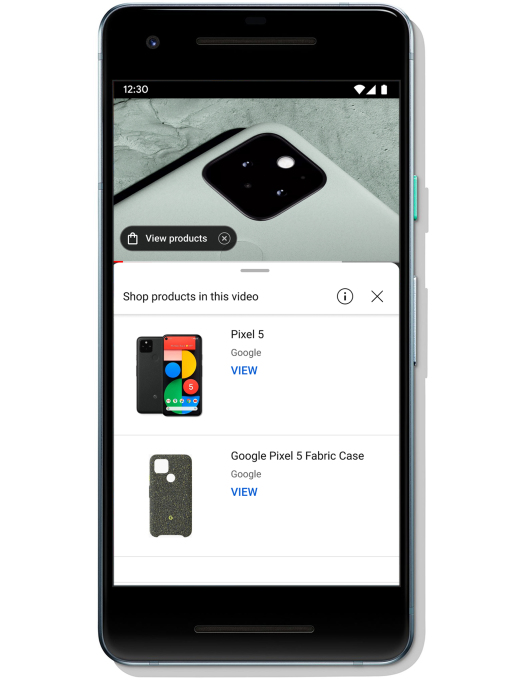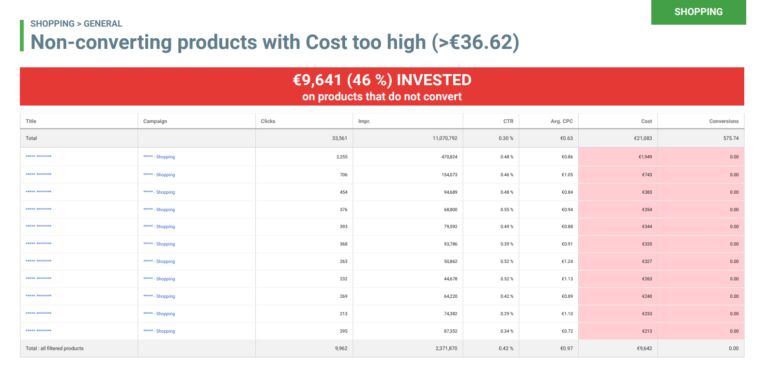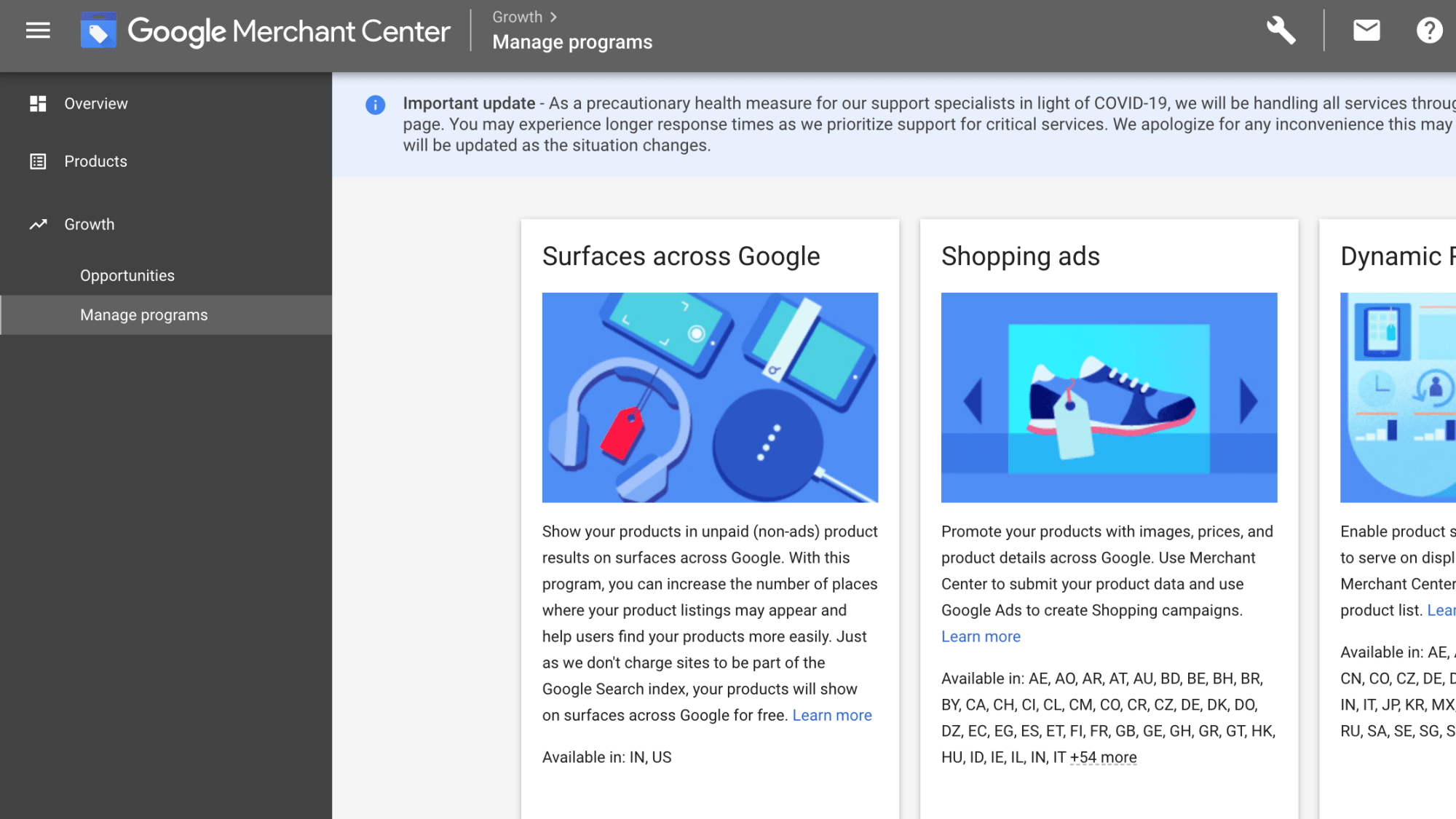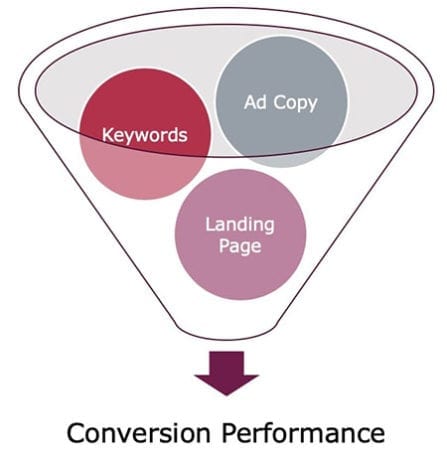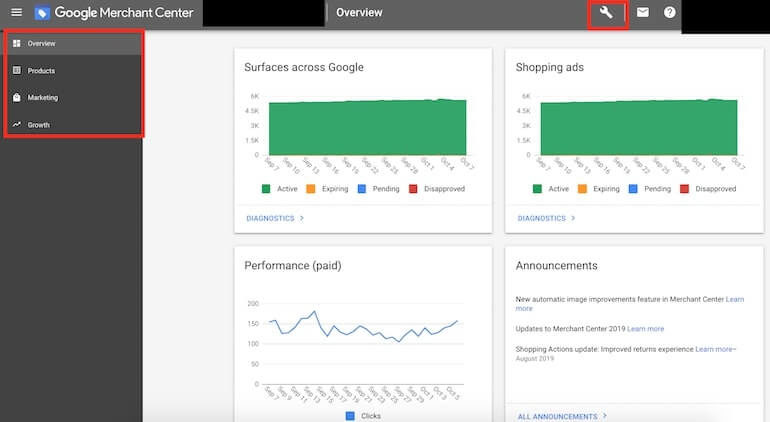Google Merchant Center Disapproval: A GTIN Story

I am not a feed manager. I have access to my client’s merchant center, but we work with a separate company for feed management and optimizations. That said, I am heavily affected by our feed as I do manage our shopping campaigns in Google Ads. If you manage shopping campaigns, you’ve likely been impacted by disapproved ads due to a missing or incorrect GTIN or other Unique Product Identifier.
What is a GTIN?
Global Trade Item Numbers (GTINs) are a 12 digit identification number primarily used in North America. It is a unique numerical identifier for commercial products that’s usually associated with a barcode printed on retail merchandise.
 Examples of feed organization
Examples of feed organization
Why does this matter?
More data means more impactful targeting. Just like your search ads, this will make making your shopping ads more congruent and relevant to what your customers are looking for. Although Google announced in August 2019 that GTINs, MPNs, and Brand names are no longer required to be approved, performance can be limited if excluded. Check out Elliot Kemp’s latest article about GMC updates if you’d like more info on all things GMC.
GTIN’s have been a major source of frustration for me and my main ecomm client for the past year. Although the August announcement was good news, we have seen slow-to-no changes in our account. Part of the reason GTIN’s have been such a complicated problem for us is that we sell new, discontinued, refurbished, and replacement parts. GTIN’s for refurbished and replacement parts are not available. If you are encountering this problem, try including Brand and MPNs for those products. It is supposed to fill the UPI requirement, but this is not always the easy fix. For your refurbished, replacement, and discontinued products you can try inputting “no” in your identifier_exists column.
In the end, ensuring you include the correct GTIN when possible will give you the best chance of having approved ads. It is an extremely manual process, but after we paid for a GTIN service to audit our feed we went from 67% of disapproved products due to unverified GTINs to 38%. It’s important to know where your time is best spent in account management and if you have the opportunity to work with a specialist it can quickly ease the strain of ongoing problems.

